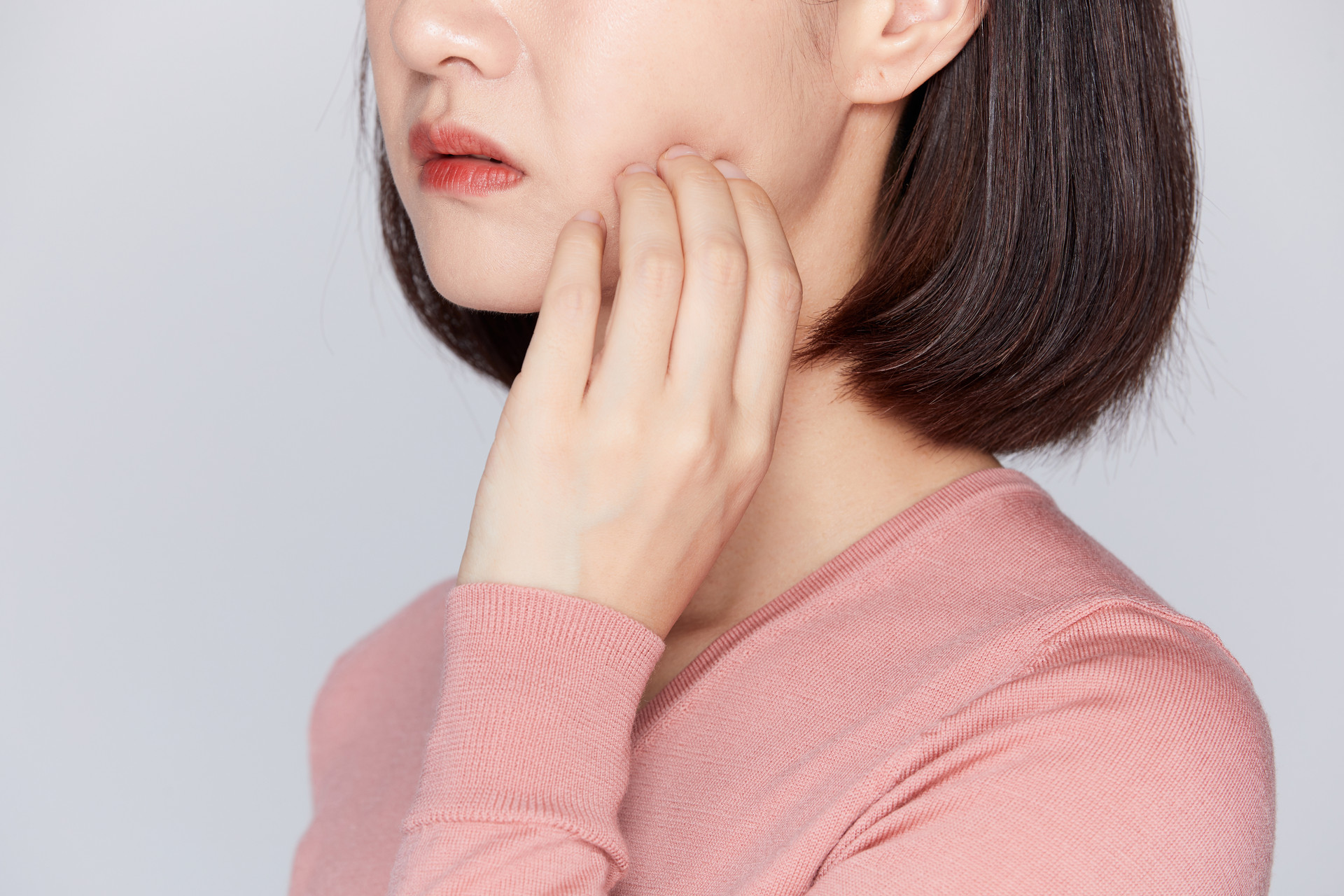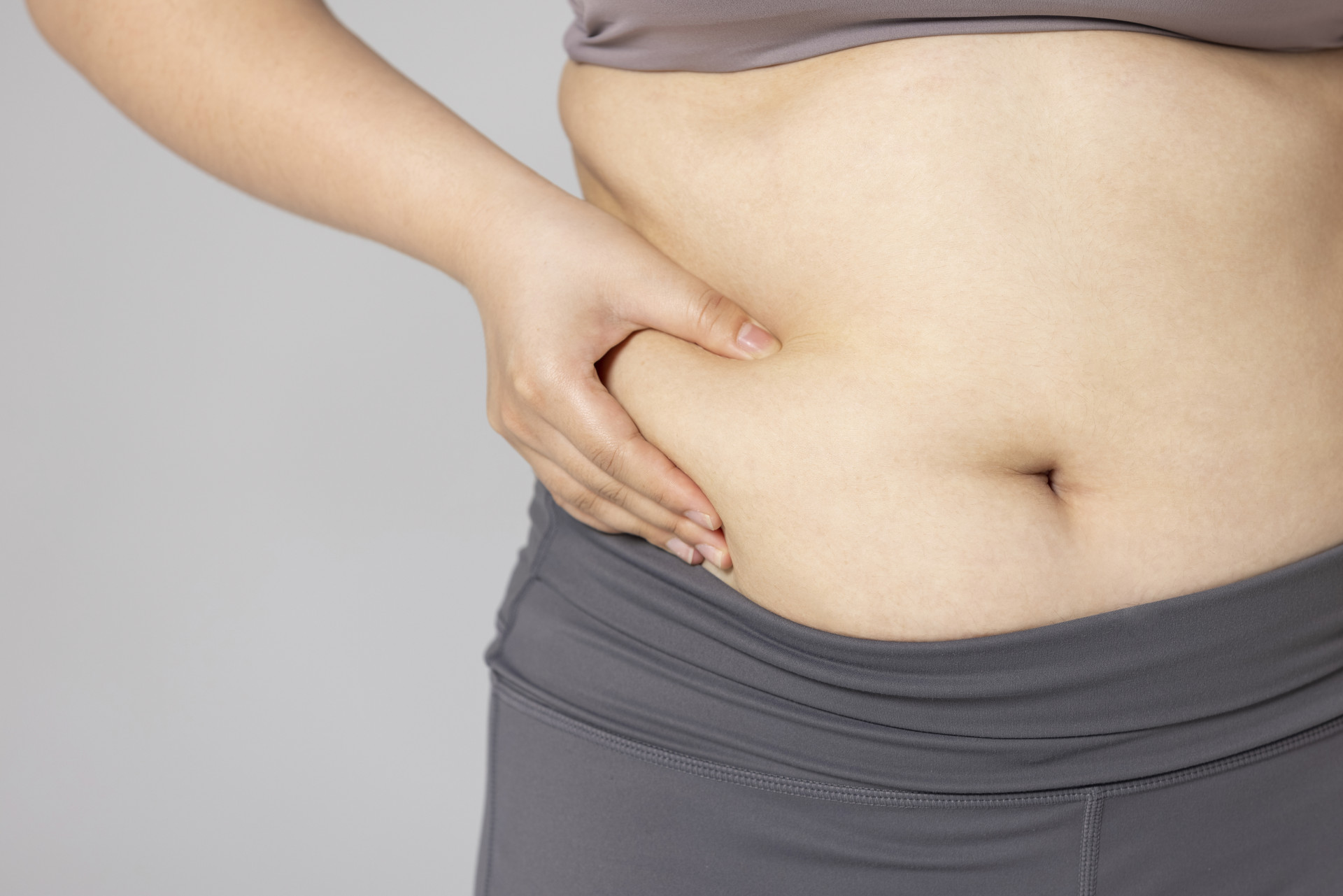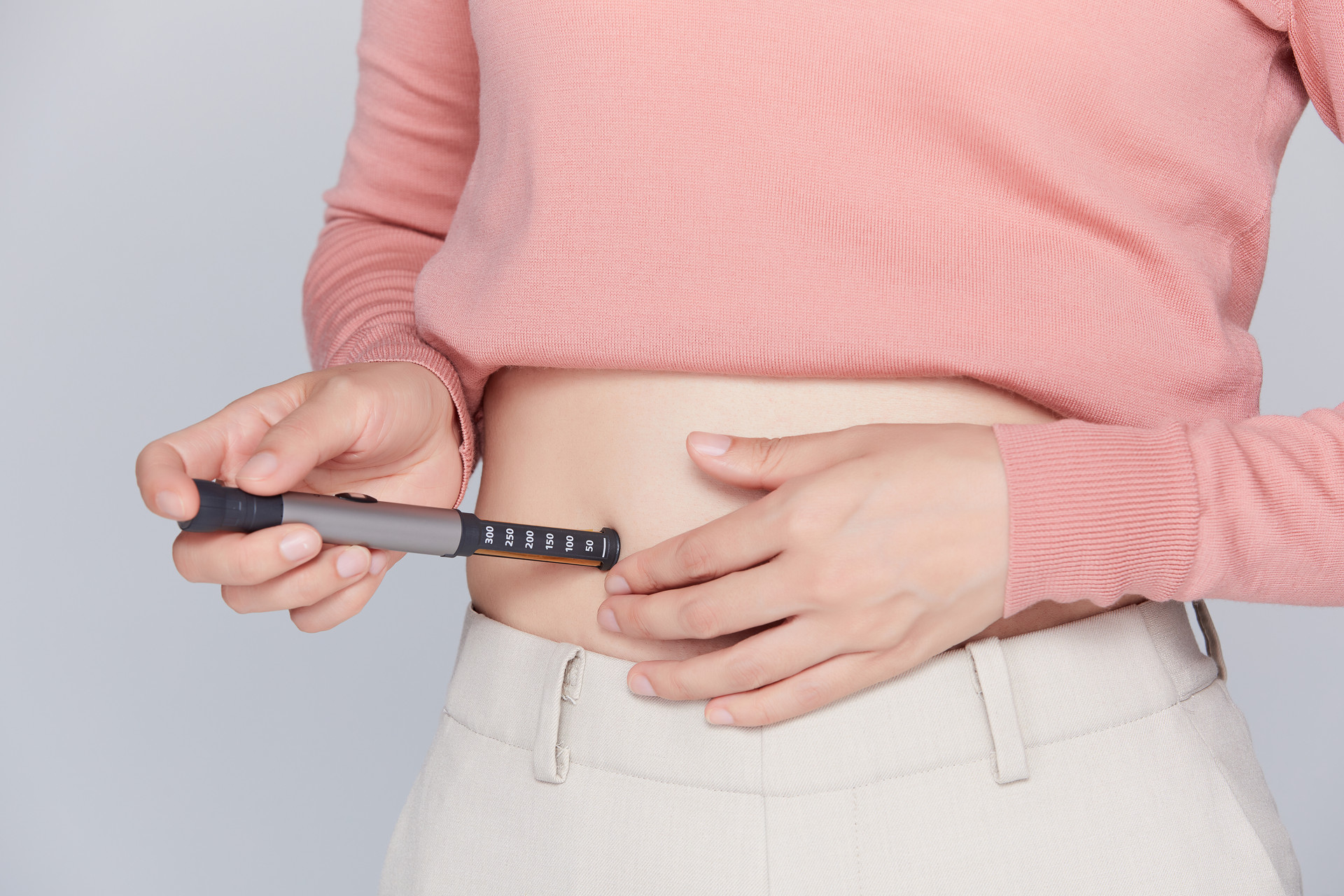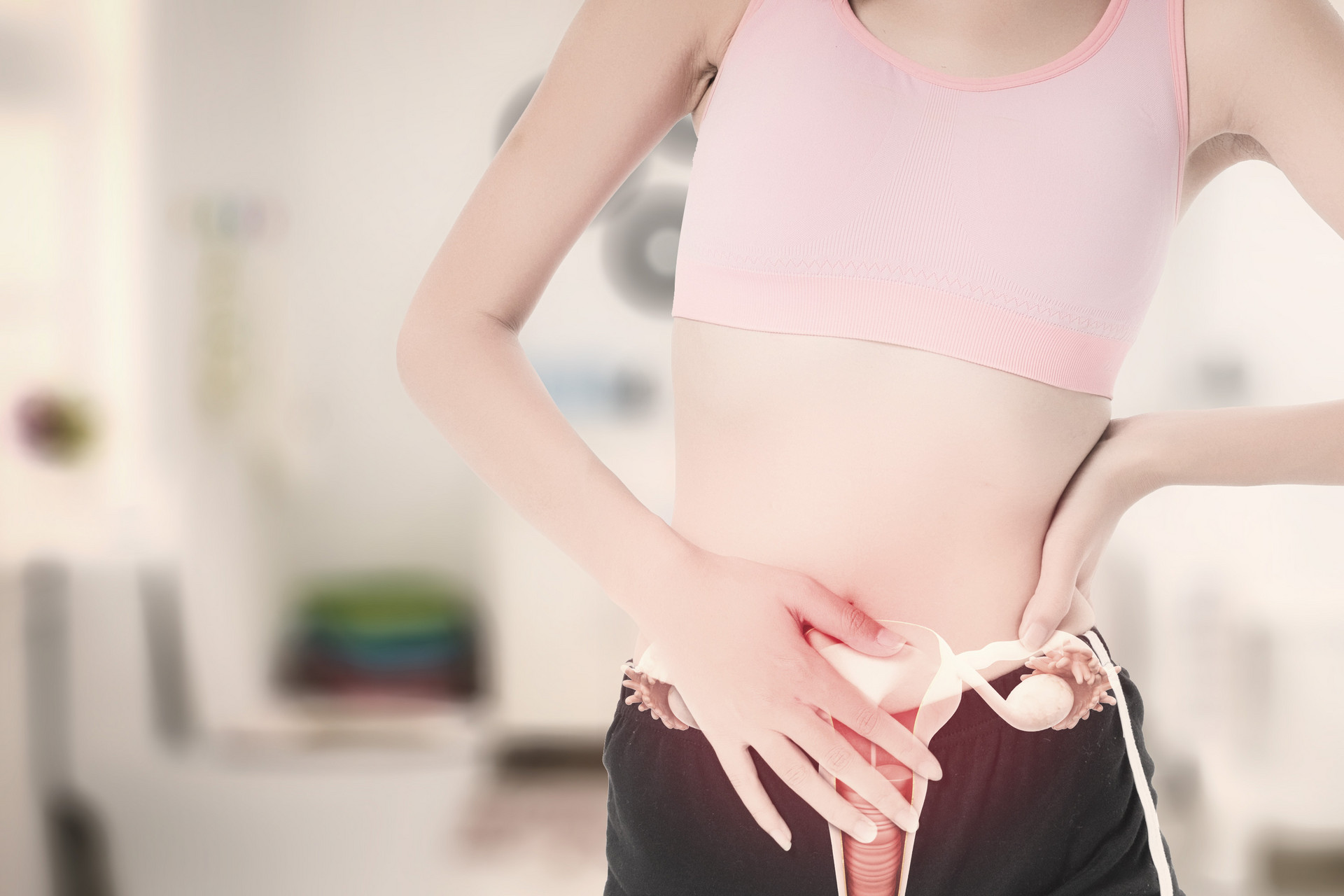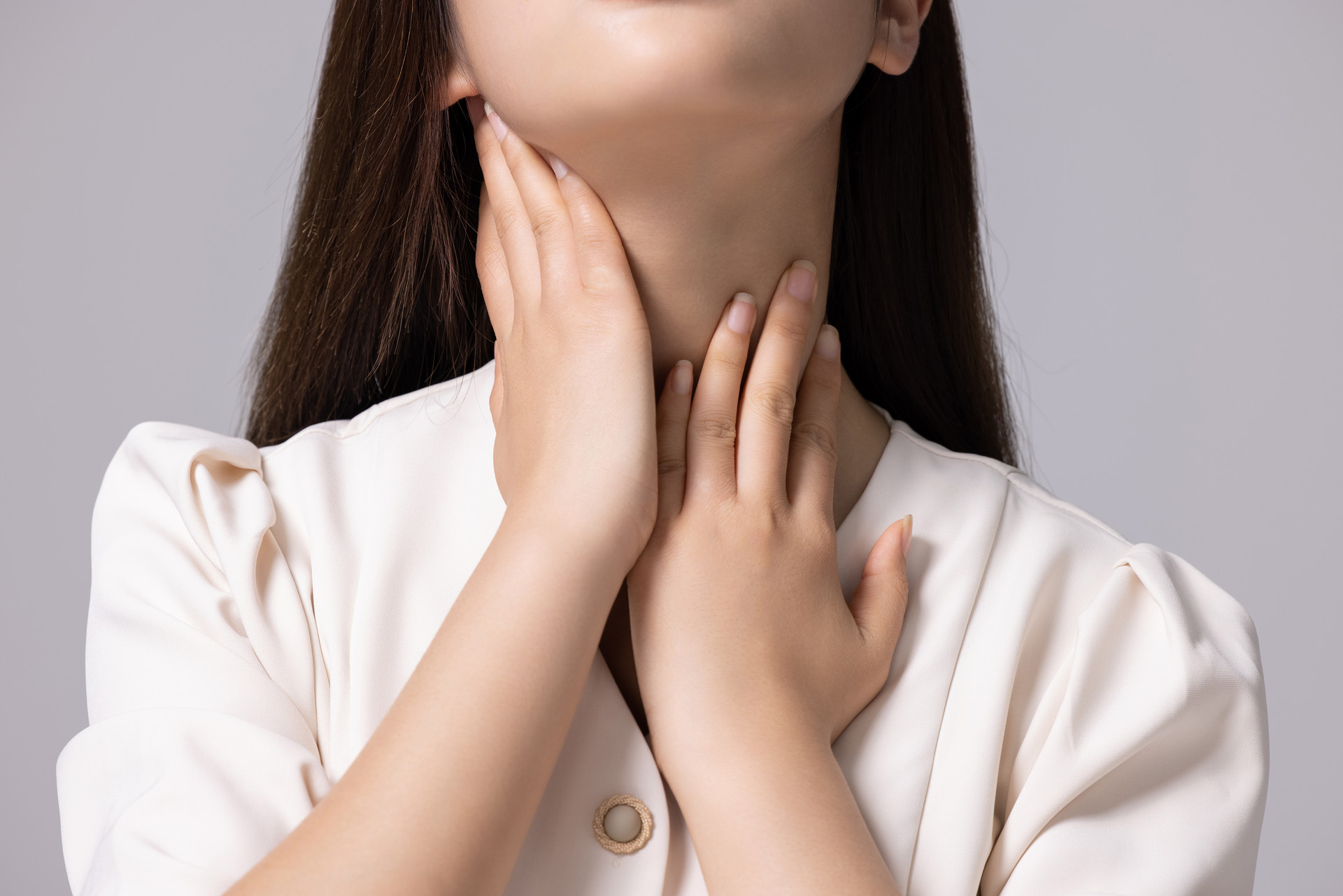
"Sitting the month" is a colloquial term used in China, which refers to the postpartum recovery period - the time from the end of childbirth to the restoration of the body to its pre-pregnancy state. The duration of this period varies in different countries, but it is generally considered to be 6 weeks after childbirth, or within 42 days after the baby is born, according to traditional Chinese beliefs, it is usually within 30 days after childbirth.
The Differences Between "Sitting the Month" in the East and the West
The practices of "sitting the month" in the East and the West are quite different. Let's start with the Western practice.
People in Western countries, particularly in Europe and America, are fond of exercise. In the United States, there are no "postpartum care hospitals," but there are many health centers. Women are encouraged to participate in training classes starting from their pregnancy, and under the guidance of doctors, they are expected to start exercising a few hours after giving birth. In the first week after childbirth, they can go swimming, and two weeks later, they can resume their normal work routine.
In terms of daily life and diet, most Western women do not have any dietary restrictions in the first two or three days after giving birth. They can eat whatever they want. Many hospitals in the UK and the US provide new mothers with their newborn babies to breastfeed within 3 hours after childbirth. The nurses also bring them beverages such as ice bricks, ice cream, and fruit juice according to the new mothers' dietary preferences. In China, however, new mothers can only drink millet porridge and brown sugar water.
If it is a vaginal delivery, Western new mothers may leave the hospital within 24 hours. If it is a cesarean section, they may stay a bit longer. Once they return home, they can visit friends and relatives without requiring any special care or prohibitions.
Nevertheless, Western cultures also have their postpartum taboos. Before the muscles and ligaments affected by childbirth have fully recovered, mothers are instructed to bend and lift objects in specific postures. Healthcare providers guide them on how to sit, stand, and squat in ways that minimize harm to their bodies, allowing the mothers to recover through physical activity.
On the other hand, the Chinese understanding and practice of "sitting the month" is completely different. In most Chinese families, the mother or mother-in-law takes care of the new mother during this period. Wealthier families may hire a specialized nanny or go to a "postpartum care center."
We often hear experienced mothers discussing "sitting the month," and many believe that any health issues they experience afterwards are caused by not "sitting the month" properly. For example, they may have symptoms such as colds, back pain, tearing eyes, and toothache. They also warn new mothers to pay attention to their postpartum care.
These differences are quite distinct. So, should Chinese mothers give up the "special treatment" during their postpartum period? From a physiological perspective, regardless of whether it is the East or the West, the adjustments and changes in a woman's body during pregnancy are the same. After giving birth, all women need to rest and recover.
Scientific studies have shown that many middle-aged Western women have a significantly higher incidence of various gynecological diseases, especially breast cancer, compared to women in China. All of this proves that the adjustment and care during the postpartum period are crucial. "Sitting the month" indeed can impact a woman's physical and mental health and lifespan in the long run.
How Should We "Sit the Month"?
In Chinese folk tradition, there are many customs and practices related to "sitting the month," most of which are closely related to health. The formation of these customs is closely related to the understanding of traditional Chinese medicine theory, as well as historical conditions, climate, geographical environment, and the physical conditions of different ethnic groups.
Custom 1: Avoiding drafts
According to traditional Chinese beliefs, new mothers are susceptible to catching a cold from drafts. The process of childbirth itself results in blood loss and the depletion of Qi and blood, which weakens the immune system and makes it more susceptible to external pathogens.
Custom 2: Consuming warm and nourishing food, such as chicken stewed with Huangjiu (yellow wine)
In the past, women in rural areas did not consume much poultry or fish in their daily diet, resulting in inadequate protein intake. During the postpartum period, supplementing the body with protein helps with recovery.
Custom 3: Avoiding hair washing and bathing
Postpartum women tend to have weakened Qi and blood, and their immune system is more vulnerable to developing postpartum fever or various infections.
Custom 4: Avoiding drinking cold water and consuming vegetables and fruits
Traditional Chinese medicine theory suggests that before childbirth, it is advisable to consume cooling foods, but after childbirth, it is better to consume warm foods.
The lochia (postpartum discharge) can be expelled more effectively when the body is kept warm. Therefore, drinking cold water and consuming raw fruits and vegetables, which are considered cooling, are not conducive to the expulsion of lochia and the contraction of the uterus.
These traditional practices handed down through generations do have certain merits. However, if we simply apply them to today's society without considering specific conditions and individual states, and if we make the issues absolute, it would be incorrect! Postpartum care should be based on scientific principles.
For example, not consuming vegetables or fruits and only eating refined grains can cause sweating, irritability, thirst, and constipation, which can be harmful to the body.
Some people eat an entire chicken in a day and quickly gain weight. It is common in southern China to see postpartum women gaining weight rapidly. After "sitting the month," they desperately try to lose weight. When asked why they do this, they respond that this is what their elders taught them, and if they don't do it, they will develop "chronic diseases" in the future!
In reality, balance is the key. The process of gaining and losing weight can be detrimental to the body. Going from overweight to slim is another form of harm, and it is unnecessary to subject oneself to such suffering. Thus, in every situation, we should listen to our body's needs and consider individual circumstances.


